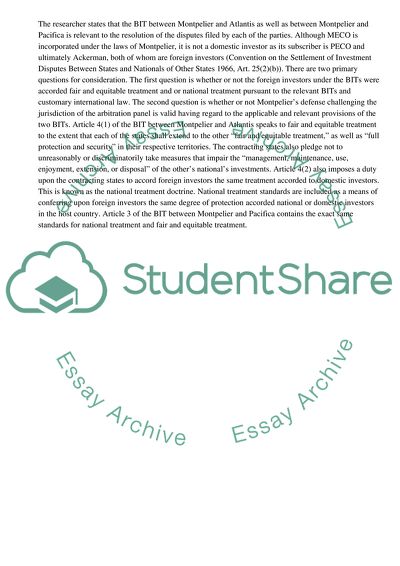Cite this document
(MECO and Others vs. Montpelier Case Study Example | Topics and Well Written Essays - 3250 words, n.d.)
MECO and Others vs. Montpelier Case Study Example | Topics and Well Written Essays - 3250 words. Retrieved from https://studentshare.org/business/1737566-case
MECO and Others vs. Montpelier Case Study Example | Topics and Well Written Essays - 3250 words. Retrieved from https://studentshare.org/business/1737566-case
(MECO and Others Vs. Montpelier Case Study Example | Topics and Well Written Essays - 3250 Words)
MECO and Others Vs. Montpelier Case Study Example | Topics and Well Written Essays - 3250 Words. https://studentshare.org/business/1737566-case.
MECO and Others Vs. Montpelier Case Study Example | Topics and Well Written Essays - 3250 Words. https://studentshare.org/business/1737566-case.
“MECO and Others Vs. Montpelier Case Study Example | Topics and Well Written Essays - 3250 Words”, n.d. https://studentshare.org/business/1737566-case.


